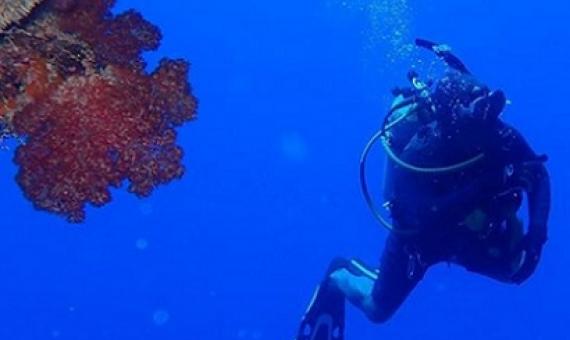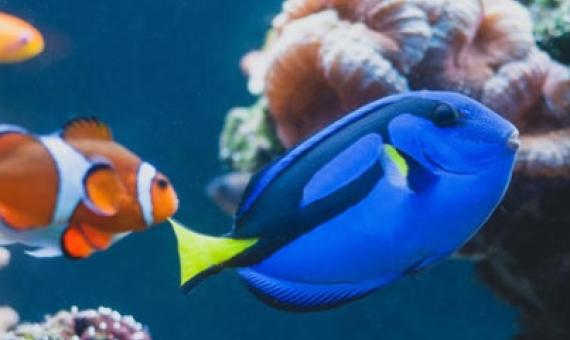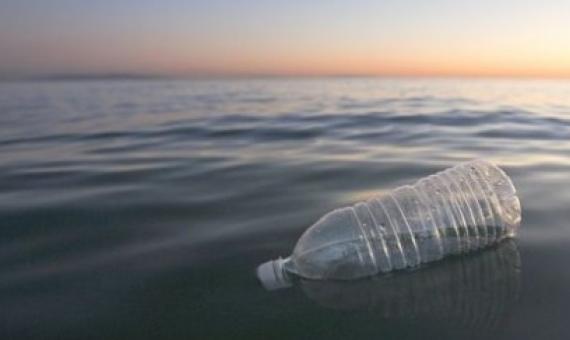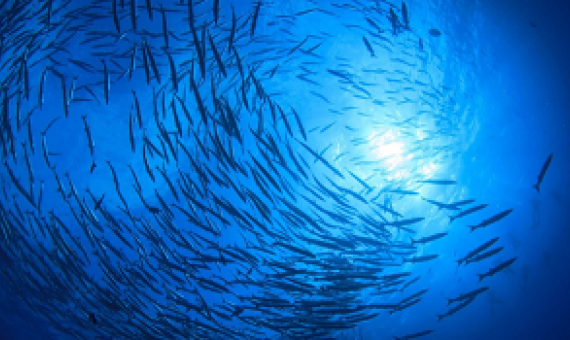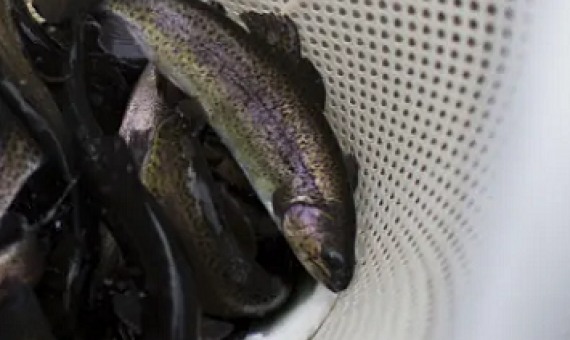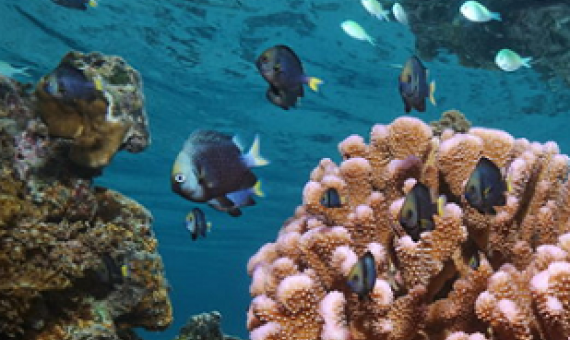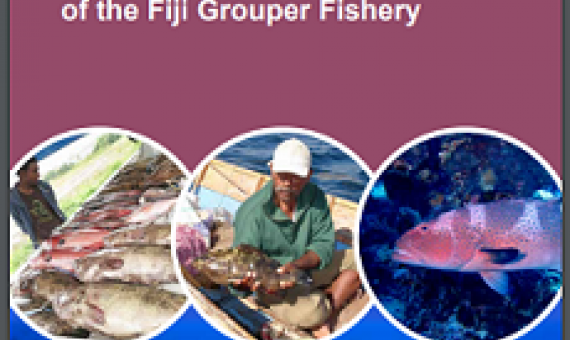A comprehensive biodiversity assessment of the Southern Lau Islands conducted by Conservation International (CI) and partners recorded six new fish species. the report said it included 39 newly identified species.
The Palau government says its new National Marine Sanctuary Act enables islanders and tourists to eat pelagic fish while reducing demand for coral reef fish. The minister for natural resources, environment and tourism, Fleming Sengebau, made the comment while attending the Pacific Ocean Fina
Plastic is building up in the areas of the ocean where fish feed and grow, according to research. A study found bits of plastic outnumber baby fish by seven to one in nursery waters off Hawaii.
Climate change and the future for coral reef fishes
Climate change will impact coral-reef fishes through effects on individual performance, trophic linkages, recruitment dynamics, population connectivity and other ecosystem processes. The most immediate impacts will be a loss of diversity and changes to fish community composition as a result of coral bleaching. Coral-dependent fishes suffer the most rapid population declines as coral is lost; however, many other species will exhibit long-term declines due to loss of settlement habitat and erosion of habitat structural complexity.
French Polynesia’s coral reefs, bountiful fish populations, and other marine life are not immune to the mounting threats facing the world’s ocean, and a poll released today shows that local communities are concerned about the future of their seas: Nearly 80 percent of Polynesians think the ocean
"Wild foods," or wild edible species, provide important nutrients for millions of people worldwide, but they were left out of a recent report on creating sustainable food systems. Click on the link below to read the full article.
A Pacific environmentalist says temperature rise could leave equatorial Pacific countries without their main protein source.Taholo Kami is calling for more research into how much temperature change reef fish species can sustain.
The meaning of the term ‘function’ in ecology: A coral reef perspective
The inherent complexity of high‐diversity systems can make them particularly difficult to understand. The relatively recent introduction of functional approaches, which seek to infer ecosystem functioning based on species’ ecological traits, has revolutionized our understanding of these high-diversity systems. Today, the functional structure of an assemblage is widely regarded as a key indicator of the status or resilience of an ecosystem. Indeed, functional evaluations have become a mainstay of monitoring and management approaches.
Global Human Footprint on the Linkage between Biodiversity and Ecosystem Functioning in Reef Fishes
Difficulties in scaling up theoretical and experimental results have raised controversy over the consequences of biodiversity loss for the functioning of natural ecosystems. Using a global survey of reef fish assemblages, we show that in contrast to previous theoretical and experimental studies, ecosystem functioning (as measured by standing biomass) scales in a nonsaturating manner with biodiversity (as measured by species and functional richness) in this ecosystem.
We conducted a seafood VCA for the coral reef grouper (Epinephelidae) fishery in Fiji with the goal of understanding the distribution of value gained from grouper along the trade chain, from fisher to consumer.
Click on the link below to access the full report.

